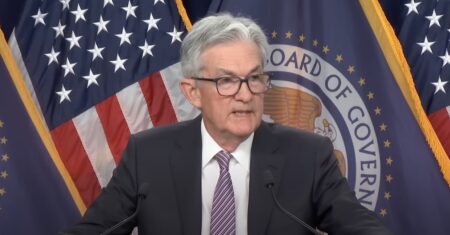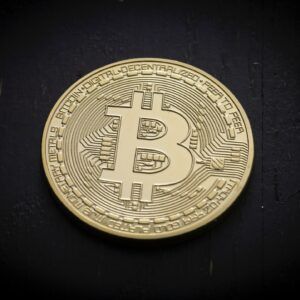Mango Markets, a decentralized exchange (DEX) on the Solana blockchain, suffered a major exploit in October 2022. The attacker, crypto trader Avraham Eisenberg, manipulated the price of Mango Market’s native token (MNGO) to drain approximately $110 million in various cryptocurrencies from the platform. Despite the exploit, Mango Markets has relaunched with a modified structure (dubbed ‘version 4′). Mango Markets’ current operations are more limited compared to its previous iteration.
Mango Markets was operated by the Mango Decentralized Autonomous Organization (Mango DAO). This organization issued its own cryptocurrency token, named MNGO, which was available for investors to purchase and trade. Owners of the MNGO token had the right to vote on various matters concerning the governance of Mango Markets and the Mango DAO, among other issues.
According to a report by Decrypt, Eisenberg was convicted on Thursday in a U.S. federal court for his role in manipulating the Mango Markets platform. Following a week-long trial in Manhattan, Eisenberg was found guilty on all counts, including commodities fraud, commodities manipulation, and wire fraud. He now faces up to 20 years in prison, with sentencing yet to be determined by New York District Court Judge Arun Subramanian.
Mango Markets operates as a decentralized exchange (DEX) that is governed by a decentralized autonomous organization (DAO), utilizing its native MNGO token. The platform enables users to lend, borrow, swap, and leverage trade cryptocurrencies. According to prosecutors, Eisenberg executed a scheme in October 2022 where he artificially inflated the price of MNGO by trading large volumes between accounts he controlled. He then used the inflated token values as collateral to withdraw $110 million in various cryptocurrencies from Mango’s liquidity pools.
Shortly after the theft, Eisenberg offered to return $67 million of the stolen funds in exchange for keeping $43 million and receiving immunity from prosecution—a proposal the DAO rejected.
The defense argued that Eisenberg’s actions were legal and complied with the decentralized protocol’s existing rules. However, the prosecution presented a case that Eisenberg’s actions were deliberately fraudulent, pointing to his premeditated manipulation of asset prices to extract funds under false pretenses. This was further evidenced by his internet searches for “statute of limitations market manipulation” and “elements of fraud” and his subsequent flight to Israel after the exploit was discovered.
The Decrypt report also mentioned that Eisenberg was arrested in December 2022 in Puerto Rico and has remained in federal custody awaiting trial.
According to a report by Bloomberg News, after the verdict, Eisenberg’s attorney, Brian Klein, said in a statement:
“We’re obviously disappointed, but we will keep fighting for our client. We plan to file a number of post-trial motions.“
Featured Image via Pixabay









